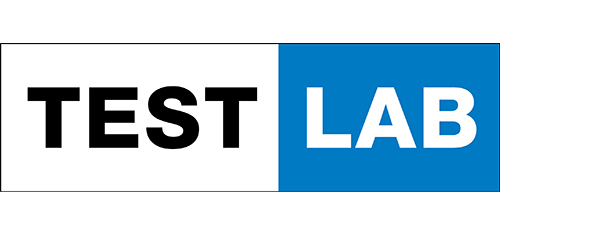E-mobility APPs
The EMPs’ apps are one of the most important touchpoints for drivers of electric cars. umlaut and connect assess their functionality and usability as well as the security of the apps and their backend services.
Drivers of electric cars must be able to quickly and easily locate available and suitable charging points. To some extent, the onboard nav system can help. But in addition and in order to pay for the obtained kilowatt hours, it is almost indispensable to also have a selection of e-mobility apps ready on the smart phone.
But how well do these apps work in practice? How successfully do they support the search for an available charging point with the required plug type and the desired charging performance? Do they inform about the expected costs before starting the charging procedure, and are these indications reliable? Does the app provide realtime information about an ongoing charging process? Can the charging be unequivocally ended, and is the subsequent data in the charging history accurate? Is it possible to manage more than one electric vehicle? And how well does the app help if something does not work as expected? We examine and answer these and many more pratice-oriented questions in our tests of e-mobilty apps.
Focusing on app security
But it does not stop there. As usual in our app tests, the apps‘ security is also an important point. In order to assess this aspect, the experts of our partner umlaut are looking for possible weaknesses and vulnerabilities. With their testing methodology, the Aachen-based security professionals also inspect the protection of personal data, the encryption of the data communication between the apps and servers, the authentification mechanisms and rights management as well as the safeguarding of the apps‘ source codes.
The examined attack scenarios are based on the guidelines for secure programming of the German Federal Office for Information Security (BSI, Bundesamt für Sicherheit in der Informationstechnik) and the Open Web Application Security Project (OWASP). Many tests have been developed by umlaut itself and all results are verified by two
engineers for control purposes.



